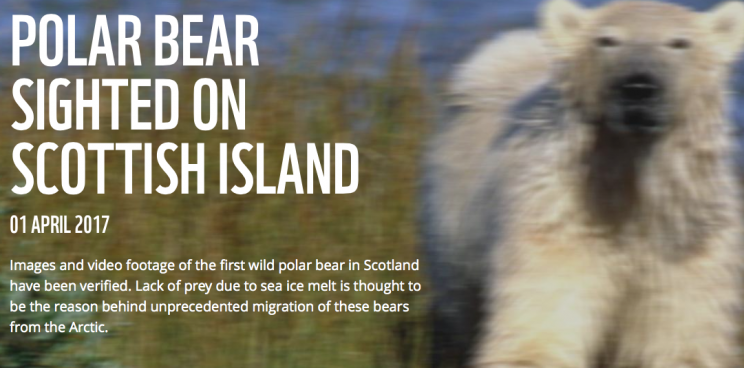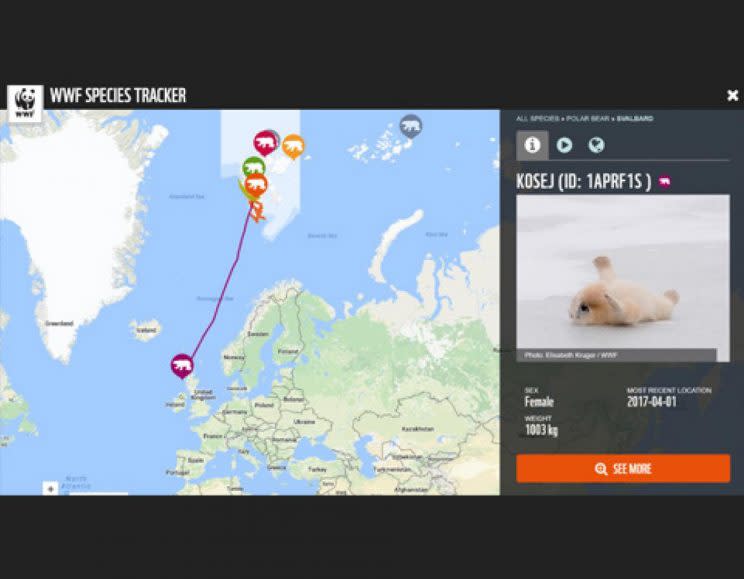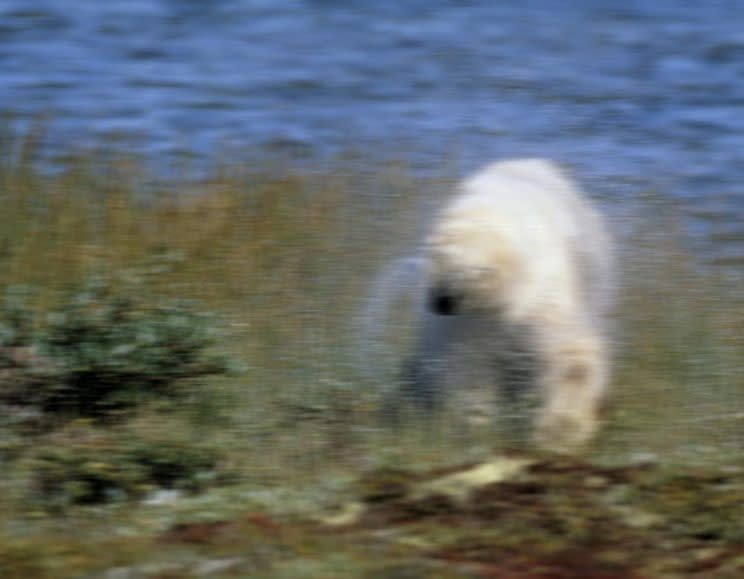The WWF still hasn’t taken down its Scottish polar bear April Fool from its website

The World Wide Fund for Nature’s hilarious April Fool prank about a polar bear sighting in Scotland is still on its website.
The WWF’s fake news for April Fool’s Day claimed a polar bear had been spotted on the island of North Uist in the Outer Hebrides.
The fabricated story was a big hit online, but it’s still on the WWF website two days later.
MORE: Bullfighter is gored through the mouth and tongue by 1,000lb animal
MORE: Outrage as NHS 111 ‘left suicidal callers on hold until they hung up’
Under the title, ‘Polar Bear Sighted on Scottish Island’, the WWF span a terrific yarn about how the animal had been caught on camera in remote Scotland.

It even included a 12-second long YouTube video of a polar bear – definitely not a polar bear in Scotland – strolling along.
The article also features a deliberately blurry photo of the animal and a dodgy looking WWF species tracker map that pinpoints the polar bear’s location to the top of the United Kingdom.
The April Fool’s story reads: ‘Unbelievable video and photos of the polar bear sighting have been sent to WWF by a resident of the island of North Uist, after stumbling across the bear whilst walking her dog.

‘The images have been verified, and they align perfectly with signals obtained from the WWF polar bear tracker.’
Perhaps the fake story is still on the WWF website because it accompanies a powerful – and true – message.

The WWF says the greatest threat to polar bears is climate change, which is causing record levels of sea ice to melt.
The WWF wants people to adopt a polar bear to help protect their habitat.
It is estimated that polar bear numbers may decline by 30% by 2050 because of the loss of sea ice.

 Yahoo News
Yahoo News 


